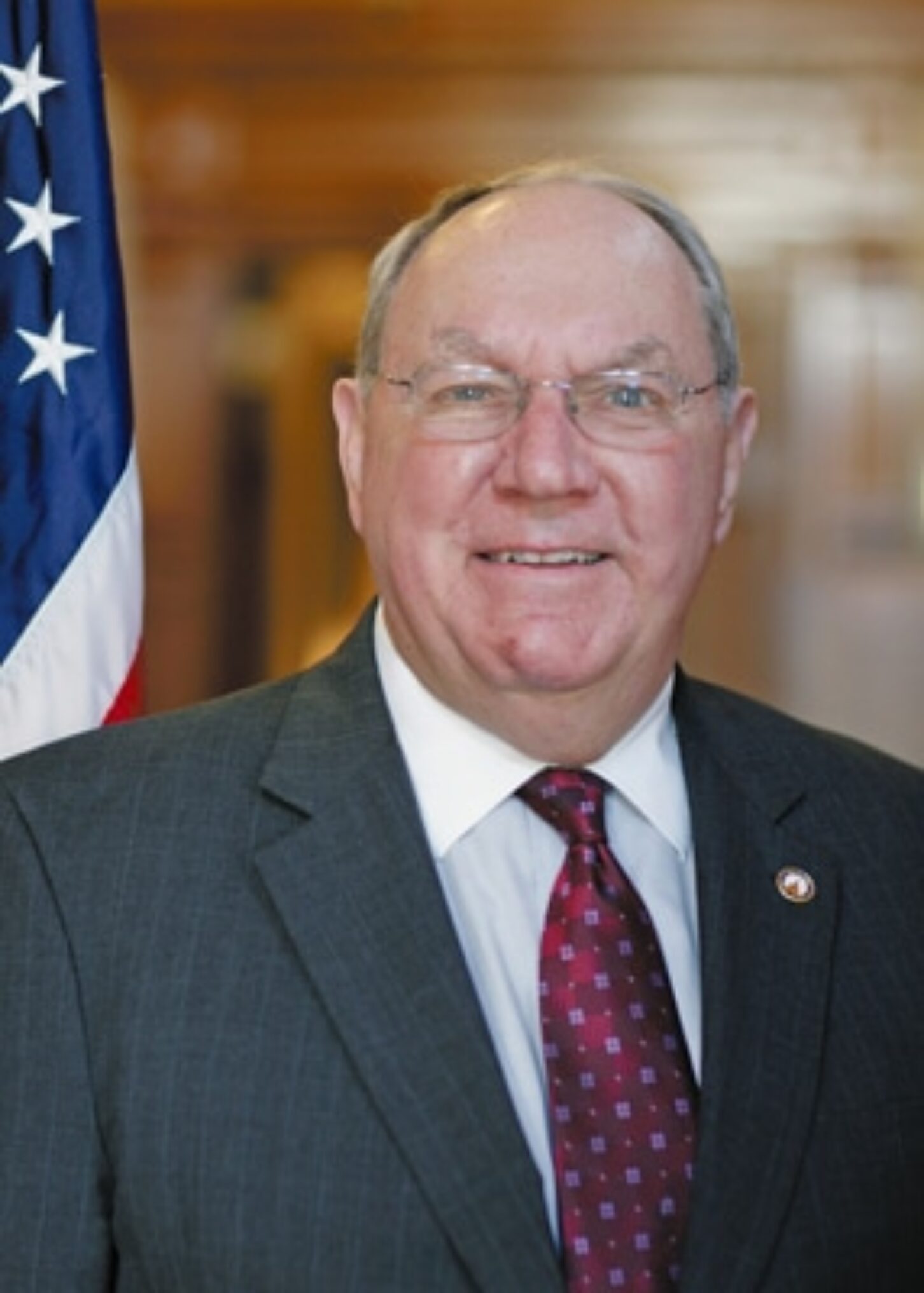
By Mike Klein

The most sweeping juvenile justice reform legislation since Jimmy Carter was Governor sailed through the Georgia House on Wednesday afternoon, passing 172-0. It moves to the Senate where passage is predicted and then on to Governor Nathan Deal who supports the legislation. Leaders from both parties spoke favorably in the well before the overwhelming vote.
House Bill 641 would update Georgia statutes to make certain the state is in federal compliance. Like ongoing adult criminal justice reform, the legislation moves the state toward provision of more services to juveniles who need personal treatment and less reliance on incarceration when juveniles are not considered a threat to themselves, their families or public safety.
A series of short presentations from bipartisan speakers outlined updates in the 245 pages of HB 641. There would be changes to policies that regulate foster care, permanent placement hearings, adoption codes, family mitigation hearings, children who are status offenders, the rights of natural parents and the creation of a new commission that would routinely review the changes so that another four decades does not pass before this subject is broached.
Exactly what it would cost to implement HB 641 remains uncertain, so the bill received strong bipartisan support largely on financial faith. The bill would not take effect until next year, and not until the 2013 General Assembly receives a financial impact report and authorizes funds.

House Judiciary Chairman Wendell Willard spoke to the point: “We’ve had several people address this. We’ve had a great deal of discussion. Nobody can say specifically what the cost is. I’ve asked the departments, the prosecuting attorneys, (and) the defense counsel to give me some figures. They come in all over the range.”
Willard assured the House, “We are going to do an empirical study as best as we can between now and next January and come back to this General Assembly with a full explanation of cost.
“The bill calls for some things we have not had, that is, any state case because of delinquency issues must be done through a prosecuting attorney,” Willard said. “It also provides that the child, just like for adults, will be represented by an attorney.”
The bill also mandates that juveniles would receive risk assessments. “I say to you we have maybe some additional costs upfront but the big thing is going to be the savings we realize over the years by not having these children always locked up and the fact that we may save some childrens’ lives as far as their futures,” Willard said. That is a part of it, a big part.
This week the Georgia Public Policy Foundation published an issues analysis: “Five Essential Principles for Juvenile Justice Reform.” The Foundation focused on less restrictive placements for low-risk offenders, comprehensive risk assessments for all youths, more family focused resolutions, informal processing for first-time and low-risk offenders and, a recommendation that pre-adjudication detention of juveniles for only those who present a safety risk.